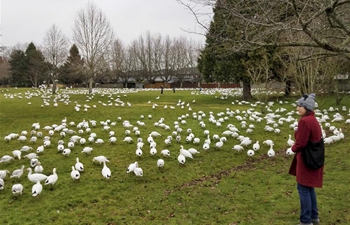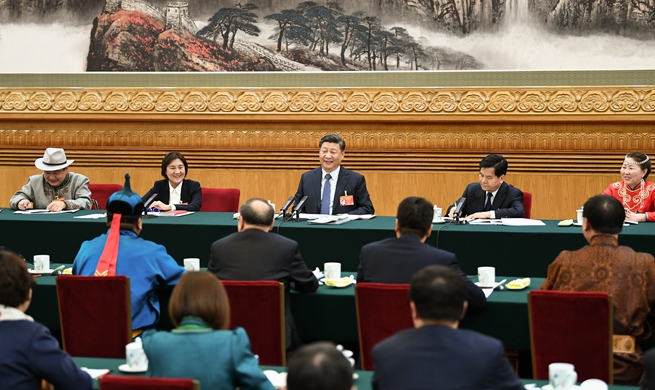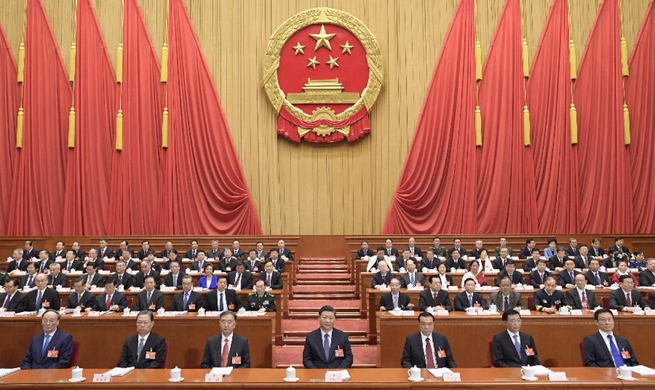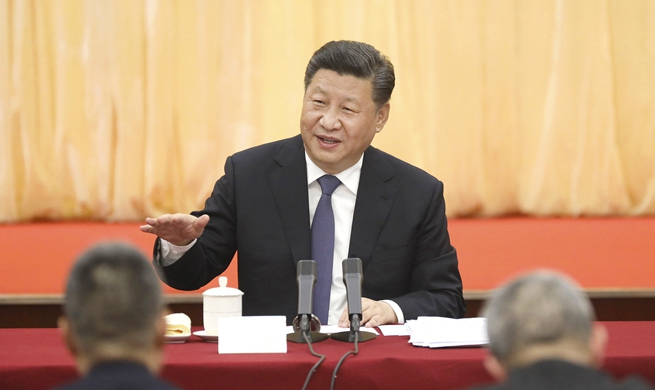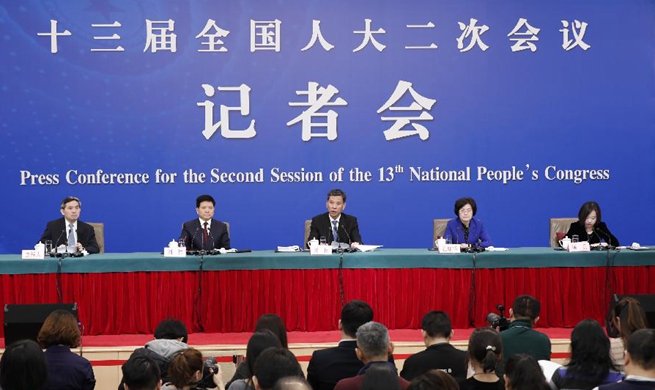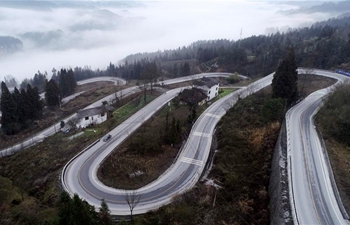NAIROBI, March 7 (Xinhua) -- Kenya has developed a strategy to streamline the potato value chains in order to boost food security and revenues for small-holder farmers, officials said on Thursday.
Lusike Wasilwa, director of crop systems at Kenya Agriculture Livestock Research Organization (KARLO) said that reorganizing potato value chains from production, storage and marketing is key to achieve the country's development blueprint, dubbed the Big Four Agenda on food security.
"We need to support the potato sector, ensure farmers have access to certified seeds, improved storage facilities and technologies to add value to the crop," said Wasilwa.
Potato is Kenya's second most important staple after maize with government statistics indicating that farmers produce an estimated 3 million metric tons of the tuber annually.
Wasilwa said Kenya has the potential to produce 8 to 10 metric tons of potato annually subject to availability of disease-and-pest resistant varieties coupled with improved agronomic practices at small-holder level.
"Kenya could soon become a market leader in production of potatoes across the region if we scale up investments in research on climate smart varieties, and engage the private sector to ensure farmers have access to clean seeds," said Wasilwa.
She revealed that three climate smart potato varieties have already been released into the market and will be grown in eight counties.
Kenya has more than 800,000 farmers who grow potatoes on 100,000 hectares of land while climatic stresses, diseases, pests, loss of soil fertility and fragmentation of land have undermined production of the staple crop.
Hosea Machuki, chief executive officer of Fresh Produce Exporters Association of Kenya (FPEAK) urged action on high cost of inputs and knowledge deficit among farmers to boost potato yields in the country.
"Currently, Kenya still lags behind Tanzania, Rwanda, South Africa and Egypt in production of potatoes and that is why we require new policy direction to reverse this trend," said Machuki.
He proposed a robust partnership between industry and county governments to address distorted value chains that have denied potato farmers a stable revenue.
